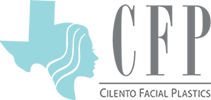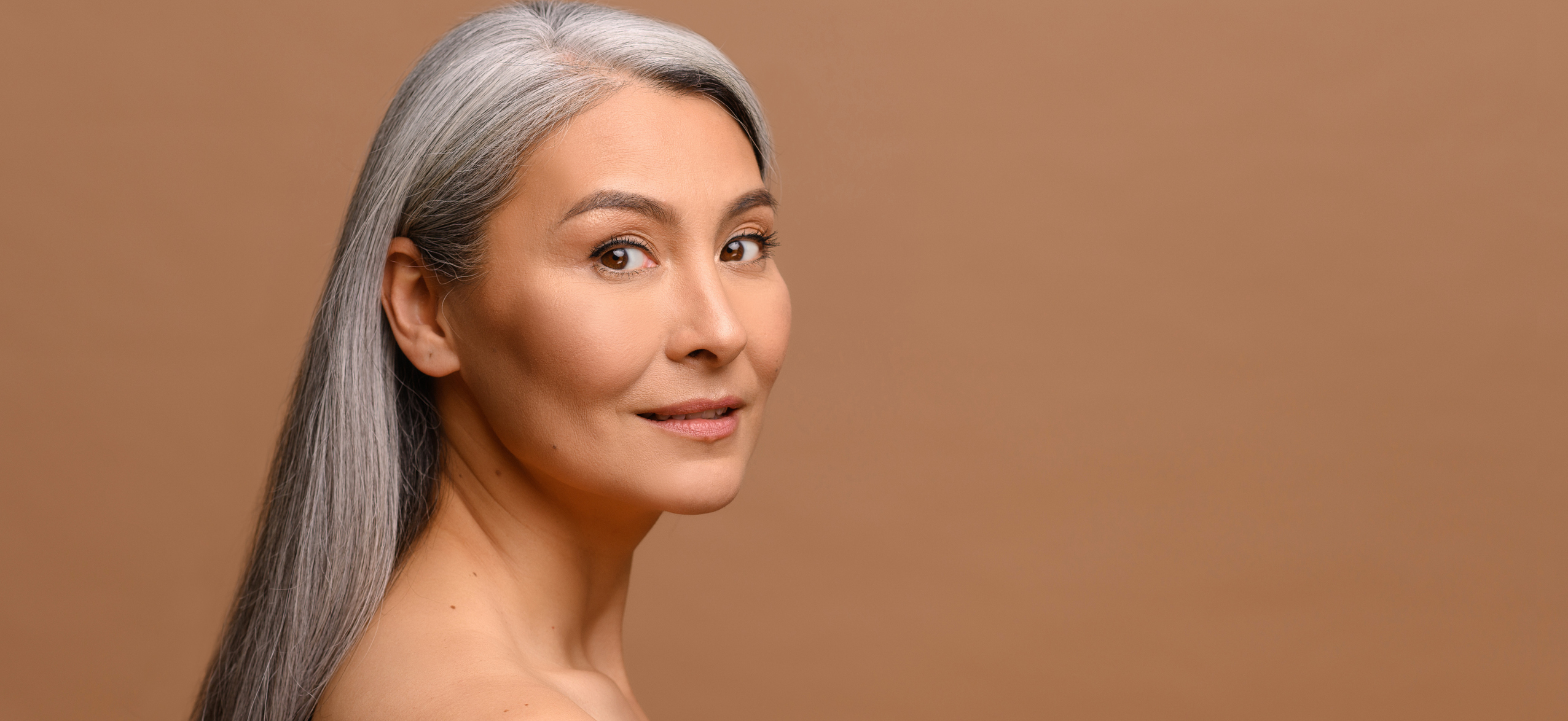Undergoing rhinoplasty is a big step towards enhancing your facial harmony and addressing functional concerns like breathing issues. Whether you’ve opted for a cosmetic change or a medical correction, proper post-op care is crucial for a smooth and successful recovery. In this guide, we’ll outline essential tips for rhinoplasty patients to ensure the healing process goes as smoothly as possible.
1. Follow Your Surgeon’s Instructions
After rhinoplasty, your surgeon will provide detailed post-op instructions tailored to your unique procedure. This will cover medication, how to care for your incisions, and signs of complications to look out for. These instructions are your roadmap to recovery, so be sure to follow them meticulously. Keep your follow-up appointments, and don’t hesitate to contact your doctor if anything feels unusual.
2. Keep Your Head Elevated
One of the key components of your recovery will be reducing swelling and avoiding unnecessary pressure on your nose. For the first week or two, keep your head elevated as much as possible, even while sleeping. Using extra pillows or sleeping in a recliner can help maintain this position overnight. Elevation helps reduce swelling and promotes better blood circulation, which is essential for healing.
3. Cold Compresses for Swelling
Swelling around the nose, eyes, and cheeks is common after rhinoplasty. To manage this, apply cold compresses to the affected areas in the first 48 hours. Be sure not to apply the compress directly to your nose—place it on your cheeks or forehead instead. This will help reduce puffiness without disturbing your healing nose.
4. Avoid Strenuous Activities
While it’s important to stay active in light ways, like short walks, you should avoid any strenuous activities or exercises for at least 4-6 weeks. Activities that increase your heart rate or blood pressure can prolong swelling and increase the risk of bleeding. Avoid lifting heavy objects, bending over, or any high-impact sports that could potentially harm your nose.
5. No Blowing Your Nose
Resist the urge to blow your nose, even if you’re feeling congested. Blowing your nose too soon can disrupt the healing process and cause complications. Your doctor may recommend using a saline spray to gently moisturize the inside of your nostrils and clear out any mucus. If you’re feeling congested, it’s best to consult with your surgeon for safe methods to alleviate discomfort.
6. Keep Your Nose Protected
Your nose will be fragile during the healing process, so it’s important to avoid bumping it. Be mindful of how you move around, especially in crowded places, to prevent accidental hits. Avoid wearing glasses or sunglasses that rest on your nose for at least 4-6 weeks, as this can put pressure on the nasal bridge. If you need vision correction, consider using contact lenses during your recovery or talk to your doctor about other solutions.
7. Stay Hydrated and Nourished
Proper hydration and nutrition play a vital role in your body’s ability to heal. Drinking plenty of water helps to flush out toxins and reduce swelling. Eating a nutrient-dense diet full of vitamins, minerals, and proteins will aid tissue repair. Incorporate foods rich in Vitamin C, which supports skin healing, and avoid salty foods that may cause excess swelling.
8. Be Patient with the Healing Process
Recovery from rhinoplasty takes time, and while you’ll notice improvements as the days go on, it’s essential to remain patient. Swelling, particularly around the nasal tip, can take several months to fully subside. Keep in mind that the final results may not be fully visible until about a year after surgery. Don’t be discouraged if your nose looks a bit swollen or uneven in the early stages of healing—this is normal and part of the process.
9. Avoid Smoking and Alcohol
Smoking and alcohol consumption can slow down the healing process by affecting blood circulation and increasing inflammation. Both habits also increase the risk of infection and complications, so it’s best to avoid them entirely in the weeks leading up to and following your surgery.
10. Focus on Rest and Relaxation
Your body needs rest to heal properly, so prioritize relaxation during the recovery period. Get plenty of sleep and avoid stressful situations. The more rested and relaxed you are, the better your body can recover from surgery.
Rhinoplasty can be a life-changing procedure, enhancing both your appearance and your overall quality of life. However, a smooth recovery is essential to achieving the best results. By following your surgeon’s post-op instructions, maintaining proper care, and practicing patience, you’ll be well on your way to enjoying the full benefits of your rhinoplasty. Remember, healing is a process, and taking the right steps now will ensure your nose heals beautifully.
If you have any questions or concerns during your recovery, don’t hesitate to reach out to us at Cilento Facial Plastics. We’re here to support you every step of the way!








